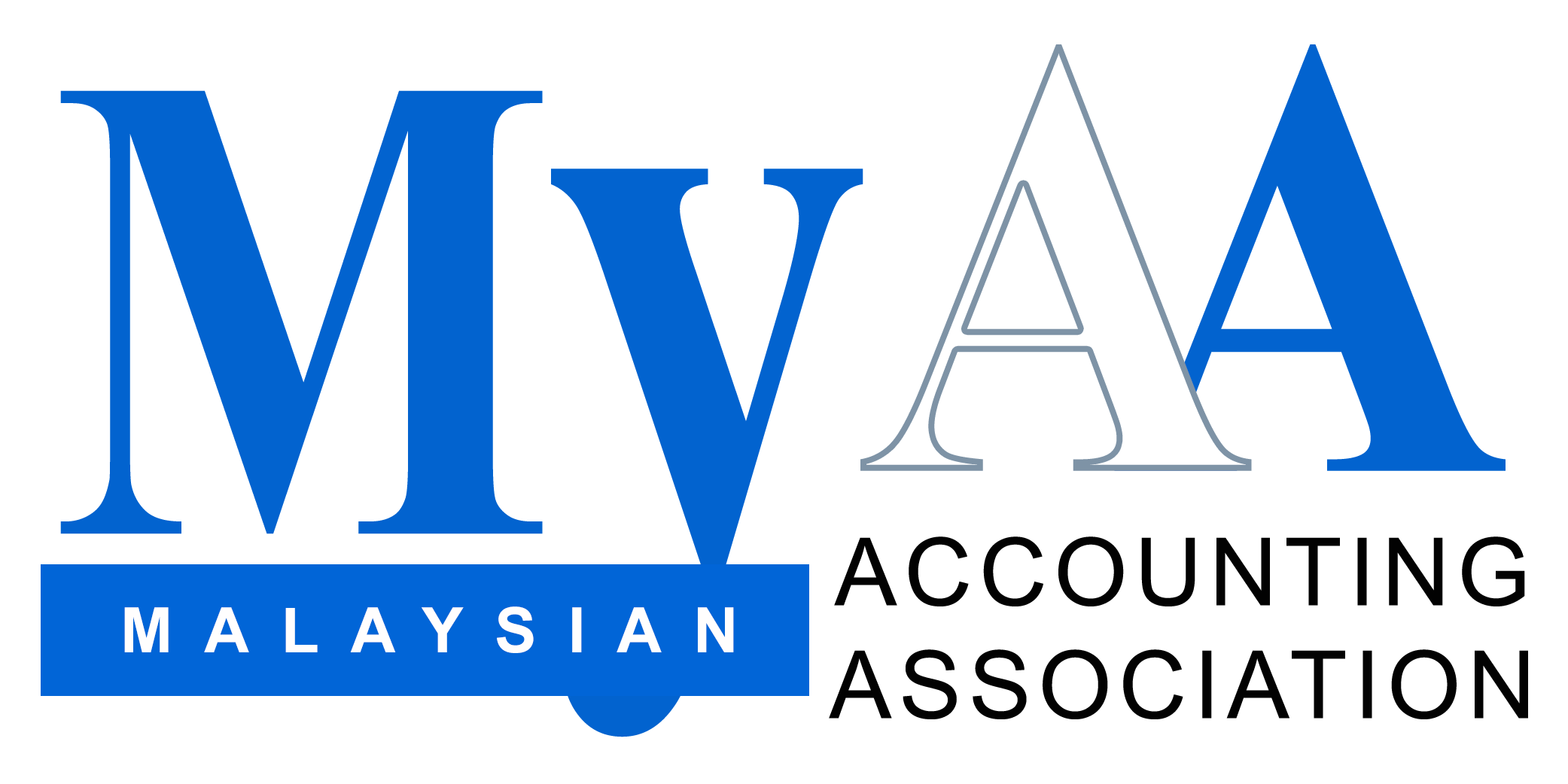The Covid 19 crisis has given the country a new standard, generating opportunities to lead recovery and reform by strengthening its digital economy's national technology infrastructure urgently. Clearly, the timing of opportunities cannot be monitored, but how one can prepare oneself to face such opportunities.
Whilst, financial technology, commonly referred to as fintech, utilises emerging technologies and innovation to compete with the traditional financial industry in the delivery of financial services, digital accounting, harnesses the potential of these emerging technologies (namely, Artificial intelligence (AI), Blockchain, Cybersecurity and Data Analytics) to be applied to a wide-set of accountingrelated problems. Accountants are increasingly looking beyond traditional financial information to non-financial external sources of information, such as news and social media. Because of improving data analytics and AI, the role of accountants is essentially changing. The accounting industry leads the way in stimulating conversations and implementing strategies to equip its present and potential members with digital thinking and discover the potential of emerging technologies.
Artificial Intelligence has enabled audit firms to increase their decision support embedded within their firms’ audit support tools, as these firms have invested to leverage on AI whilst benefiting from their past audit experience and industry knowledge. Such firms are utilising Cognitive Assistants (CAs), these technology can understand voice commands, recognize the context of the conversation, and respond personally to questions. CAs are particularly useful in the initial phases of an audit, in which the involvement team will meet in brainstorming sessions to update their client understanding. The "checklist" was traditionally the most common decision support tool for brainstorming audit plans. Using a CA domain audit system, the interactive decision support, and risk evaluation in an audit brainstorming session can further improve audit schemes' effectiveness.
Blockchain technology offers business opportunities to reduce transaction costs and settlement times dramatically. —including the blockchain audit trail. Hence, accounting firms embarked on blockchain initiatives to further understand the implications of this technology. Audit and assurance professionals are at the forefront of developments and continue to learn more about business blockchain applications, accounting blockchain, and audit technology blockchain. The auditing and insurance profession is essential to remain ahead of developments in this space. To do so, accountants need to broaden their skill-sets and knowledge to meet the business world's anticipated demands, which adopts blockchain technology. Cybersecurity is considered a new aspect of risk management and integrated into management and auditing.
Cybersecurity includes technologies, processes and controls designed to protect cyber-attack systems, networks and data. Effective cybersecurity reduces cyberattack risks and protects societies and organizations from unauthorized use of systems, networks and technologies. Cybersecurity encompasses information security and information assurance Thus, cybersecurity involves the protection of information that is assessed and transmitted via any computer network. A potential role for accountants emerges as champions/custodians of data governance. As champions/custodians of data governance, accountants have a potential role. The challenge is how to improve and maintain the training and skills of cybersecurity accountants.
Data Analytics (Big Data) arise when there are chances for using big database audit techniques in conjunction with traditional audit techniques and expert judgment, especially if rigorous analytical procedures are combined. Recent Big Data financial distress and financial fraud models may potentially be improved in audits. As promising audit instruments, auditors can use sentimental analysis and natural language processing. Likewise, auditors can promote large-scale technology and information settings in real-time and collaboration platforms and market places between peer and peer. Therein, lies a role for the accountant as the data navigator, to tell a compelling story from predictive analytics. The present digital age brings more significant opportunities for accountants to move up the value chain to become business advisors/entrepreneurs to provide meaningful financial data analysis, sound business advice and strategic insights. The accountant's transformation as a business advisor requires new skill-sets, including professional scepticism, judgment, and ability to think critically. Although the profession is changing because of new technologies, this type of skill remains necessary. In this context, Higher education institutions (HEIs)' role in ensuring that accountants are still relevant and futureready is critical.
Call to Action
MyAA calls the profession to be at the cutting edge of emerging technologies and the front-liner in combatting corruption. We see great potential for the profession to facilitate the national transformation agenda to a digital economy. Government, profession and HEIs are crucial to ensuring our education infrastructure's continued service in the nation. MyAA believes that future generation plays a positive and constructive role as future-ready professionals. The profession fulfills its purpose in nationbuilding through the incorporation of emerging technologies and agile training and education.
Published in the SUN, April 27, 2020





